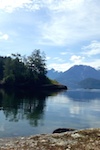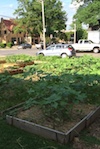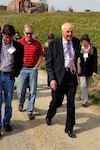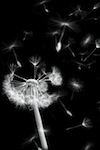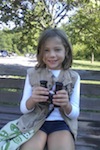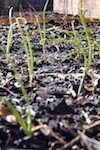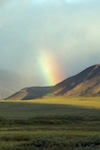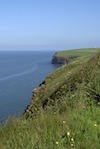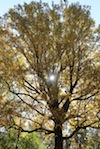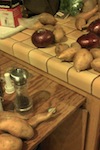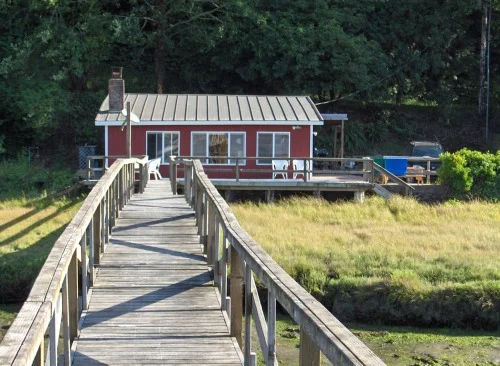 So far, I’d only added dirt, bone meal, and periodic water, then parked the cans in a sunny spot to see what happened. Yet thanks to this minimal work, green shoots were already seeking the sun, requiring me to add almost daily scoops of more dirt to cover the rapidly growing stems. Water plus dirt made mud in most other settings, but here were these plants, charting almost miraculous growth despite so little work on my part.
So far, I’d only added dirt, bone meal, and periodic water, then parked the cans in a sunny spot to see what happened. Yet thanks to this minimal work, green shoots were already seeking the sun, requiring me to add almost daily scoops of more dirt to cover the rapidly growing stems. Water plus dirt made mud in most other settings, but here were these plants, charting almost miraculous growth despite so little work on my part.
Maybe I grew like that too.















